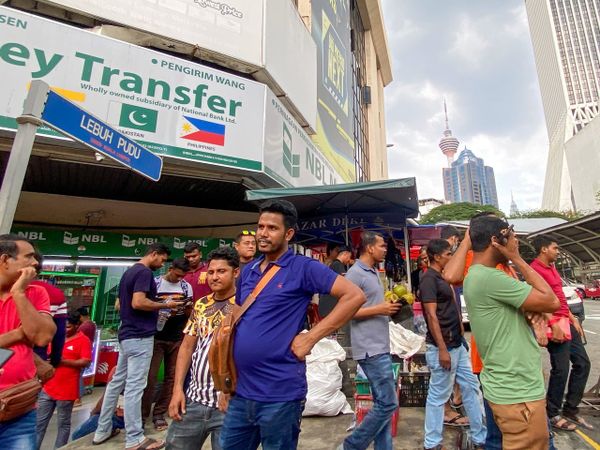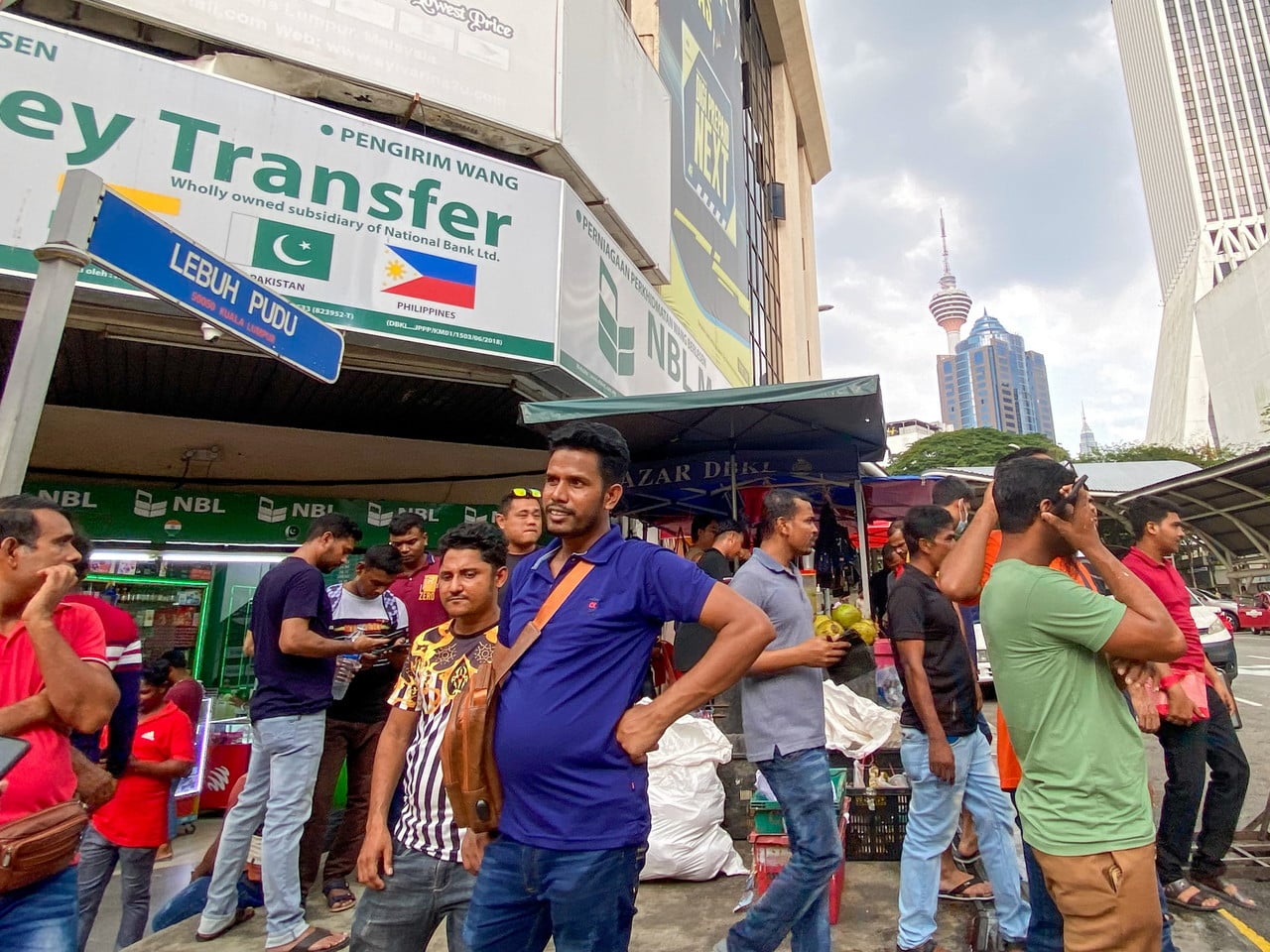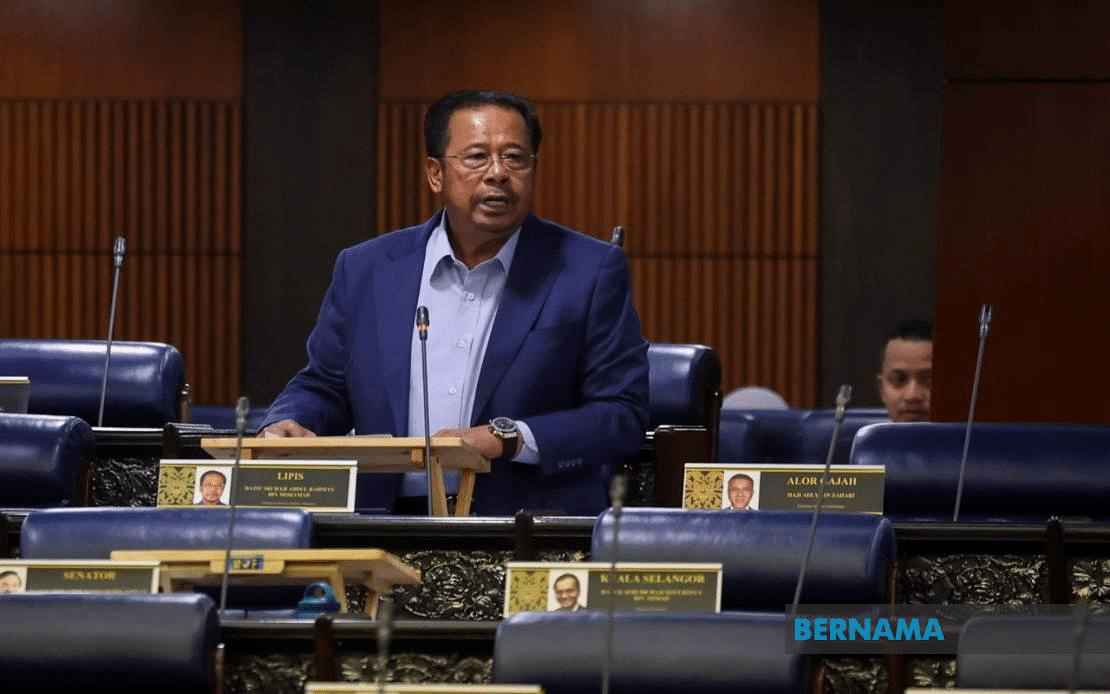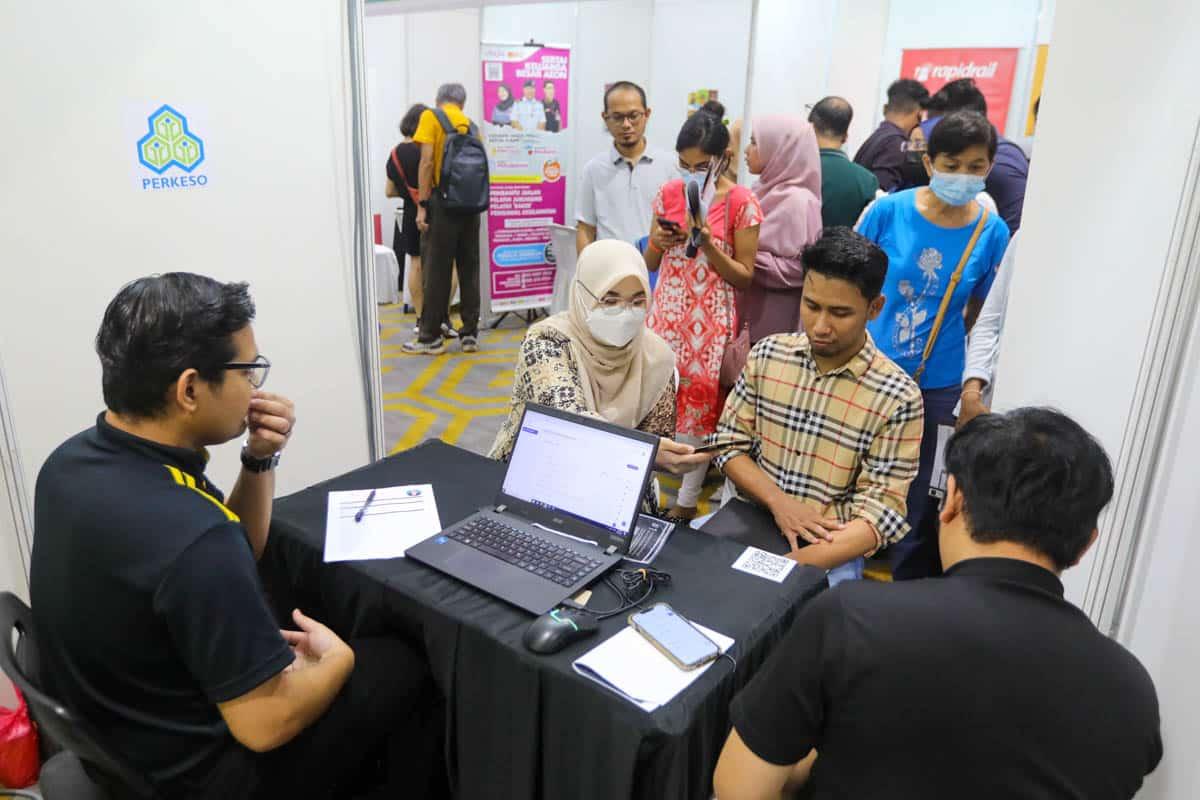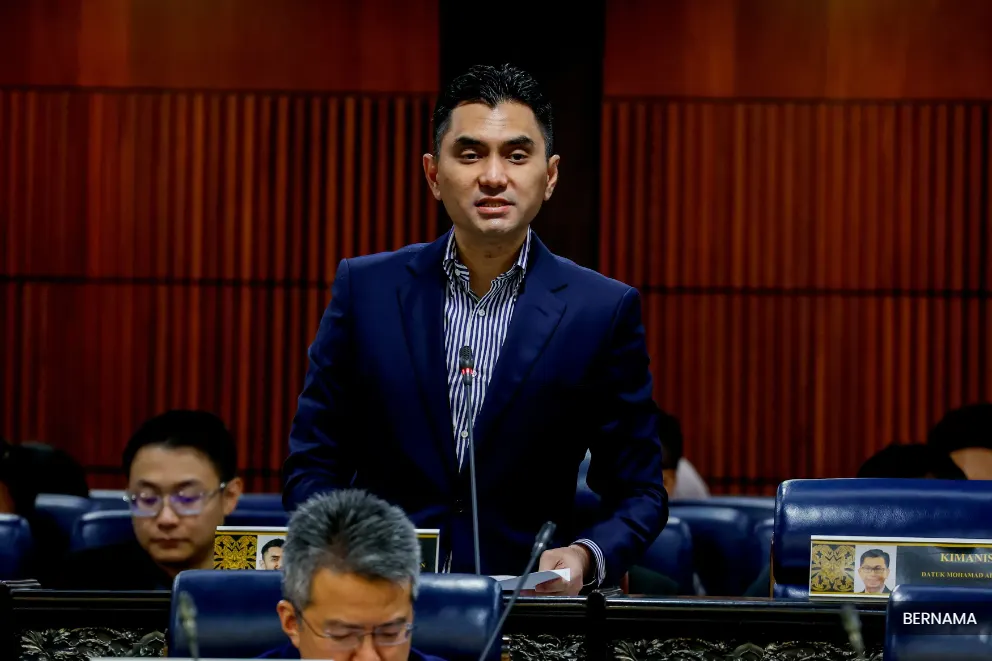KUALA LUMPUR, Nov 3 — Approximately 2,132,578 active and legally registered foreign workers were recorded working in Malaysia as of October 15, marking a 13 per cent decrease compared to 2,452,010 workers in the same period last year.
Human Resources Deputy Minister Datuk Seri Abdul Rahman Mohamad said the decline reflects the government’s continued efforts to reduce dependence on foreign labour across all economic sectors.
“The manufacturing sector recorded 622,388 foreign workers, followed by construction (589,684), services (390,607), plantation (263,131), agriculture (158,628), domestic helpers (107,375), and the mining and quarrying sector (765),” he said during question time in the Dewan Rakyat today.
Abdul Rahman was responding to Pendang MP Datuk Awang Hashim's query on the number of foreign workers by sector and the government’s position on limiting their involvement to reduce dependency and optimise the use of local manpower.
He added that the recruitment of foreign workers is currently limited to six main formal sectors: construction, services, plantation, agriculture, mining, and quarrying, while only foreign domestic helpers are permitted in the informal sector.
Under the 12th Malaysia Plan (12MP), the government’s policy caps the employment of foreign workers at no more than 15 per cent of the national workforce, with targets to reduce it to 10 per cent by 2030 under the 13th Malaysia Plan (13MP) and to five per cent by 2035.
To encourage the hiring of local workers, particularly in semi-skilled and skilled sectors, Abdul Rahman said several initiatives have been introduced.
They include maintaining the government’s March 18, 2023, decision to freeze approvals for new foreign worker quotas and applications, as well as implementing a Multi-Tier Levy mechanism beginning in 2026.
The ministry is also strengthening the implementation of Technical and Vocational Education and Training (TVET) programmes in collaboration with domestic and international companies through agencies like HRD Corp, TalentCorp, and the Social Security Organisation (Socso) to enhance local workforce upskilling and reskilling.


